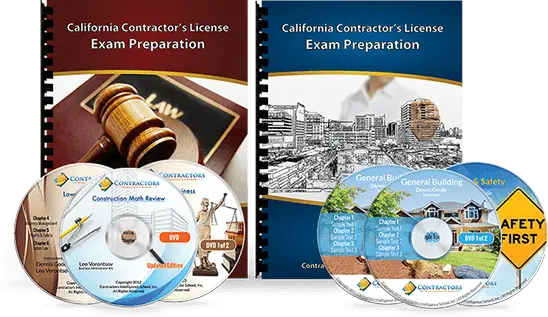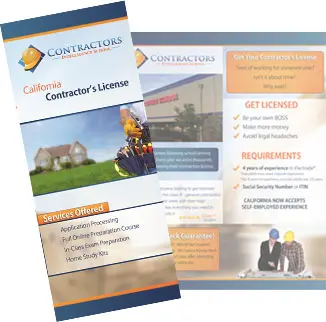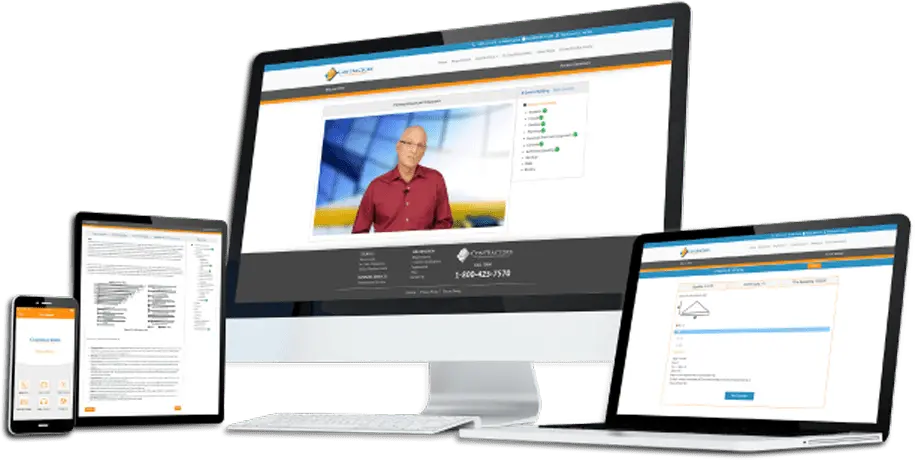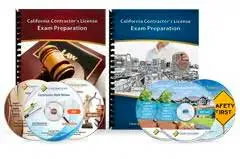How To Get Your C28 Lock and Security Equipment Contractor License in California
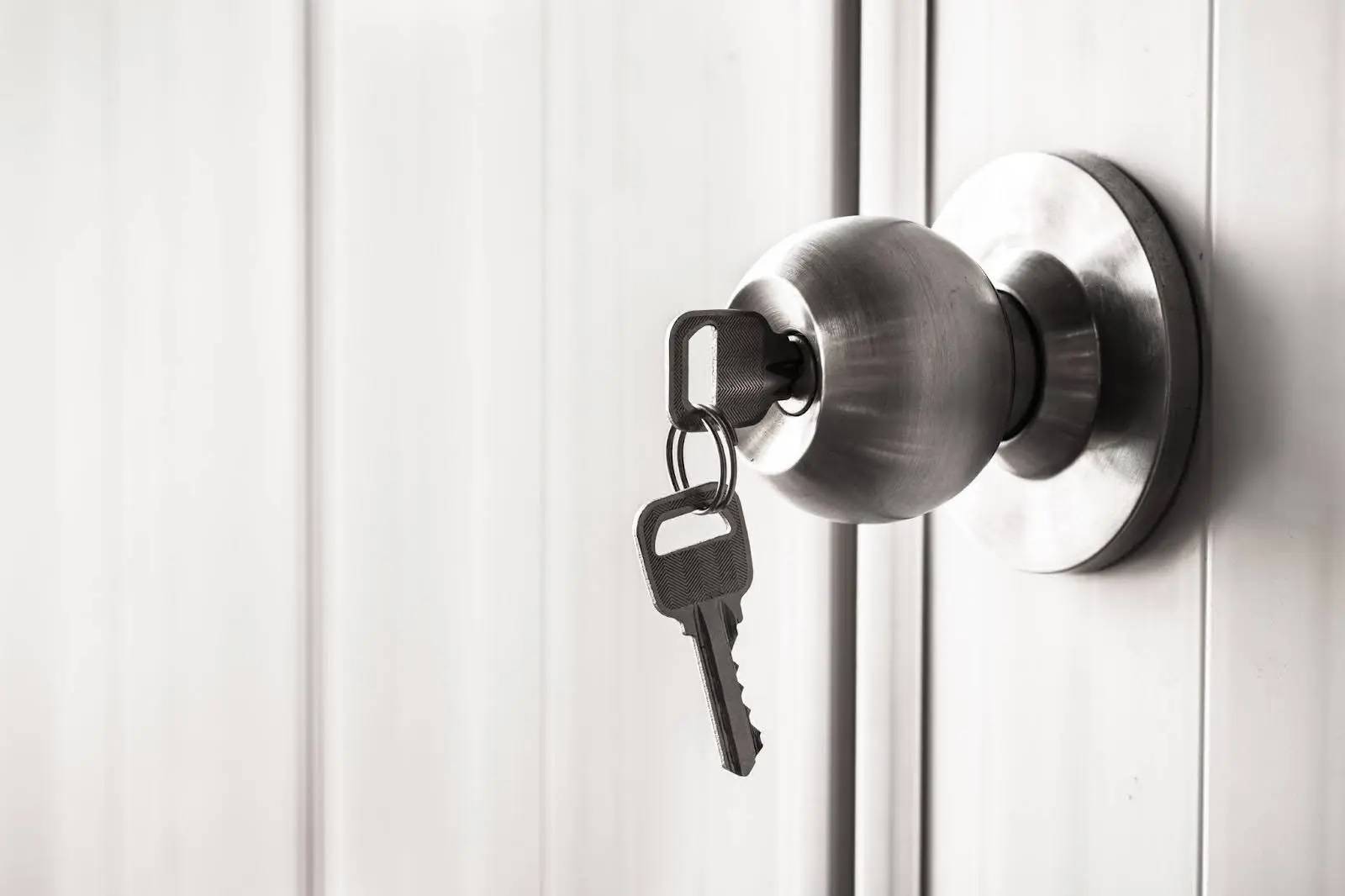
Content table
- What is the C28 Contractor License?
- How to Get Your C28 Lock and Security Equipment Contractor License in CA
- California Lock and Security Equipment License Requirements
- What are the Responsibilities of a Locksmith Contractor?
- Studying for the C28 Locksmith Contractors License Exam
- Costs Associated with the C28 License
- Conclusion
What is the C28 Contractor License?
Imagine holding the master key to boundless opportunities in California’s locksmithing industry. The C28 Locksmith Contractor License, issued by the Contractors State License Board (CSLB), is just that—a golden ticket granting you the authority to install, repair, and maintain locks and security systems while staying compliant with state regulations. Think of it as your VIP pass to the locksmithing big leagues, where every door you unlock could lead to your next career milestone.
How to Get Your C28 Lock and Security Equipment Contractor License in CA
Ready to unlock the door to a successful locksmithing career? With the C28 Lock and Security Equipment Contractors License, you can turn your skills into a thriving profession. Whether you’re crafting secure solutions or helping someone in a pinch, this license is your official entry into the locksmithing elite. Let’s break down the steps to securing your spot in this field:
Step 1: Qualification Check
Ensure you meet the state’s eligibility requirements (outlined below) to take the necessary exams.
Step 2: Enroll in a Course
Sign up with a trusted program like Contractors Intelligence School, renowned for its effective exam preparation resources.
Step 3: Establish Your Business
Set up your locksmith contracting business entity and meticulously complete the state application to ensure all paperwork is in order.
Step 4: Exam Preparation
Study thoroughly using official guides or specialized materials from reputable schools like Contractors Intelligence School.
Step 5: Exam Scheduling and Passing
Schedule and pass the Law & Business exam as well as the C28 Trade exam—both essential for licensing.
Step 6: Final Steps
Complete any remaining requirements outlined by the CSLB to finalize your licensing process.
California Lock and Security Equipment License Requirements
The Contractors State License Board (CSLB) sets specific prerequisites for obtaining a C28 license. Here’s what you’ll need:
- Age:Be at least 18 years old.
- Experience:A minimum of 4 years of journey-level experience within the past 10 years. This experience can come from working under a licensed contractor, participating in apprenticeship programs, or a mix of education and hands-on fieldwork.
- Identification:A Social Security Number (SSN) or Individual Taxpayer Identification Number (ITIN).
What are the Responsibilities of a Locksmith Contractor?
Locksmith contractors are the guardians of security, ensuring safety and access in a variety of settings. A lock and security equipment contractor evaluates, installs, maintains, and repairs a broad range of components, including doors, gates, locks, and panic exit devices. They also specialize in advanced systems such as electronic access controls, master key setups, and motion detectors, integrating computer systems to control and audit security operations.
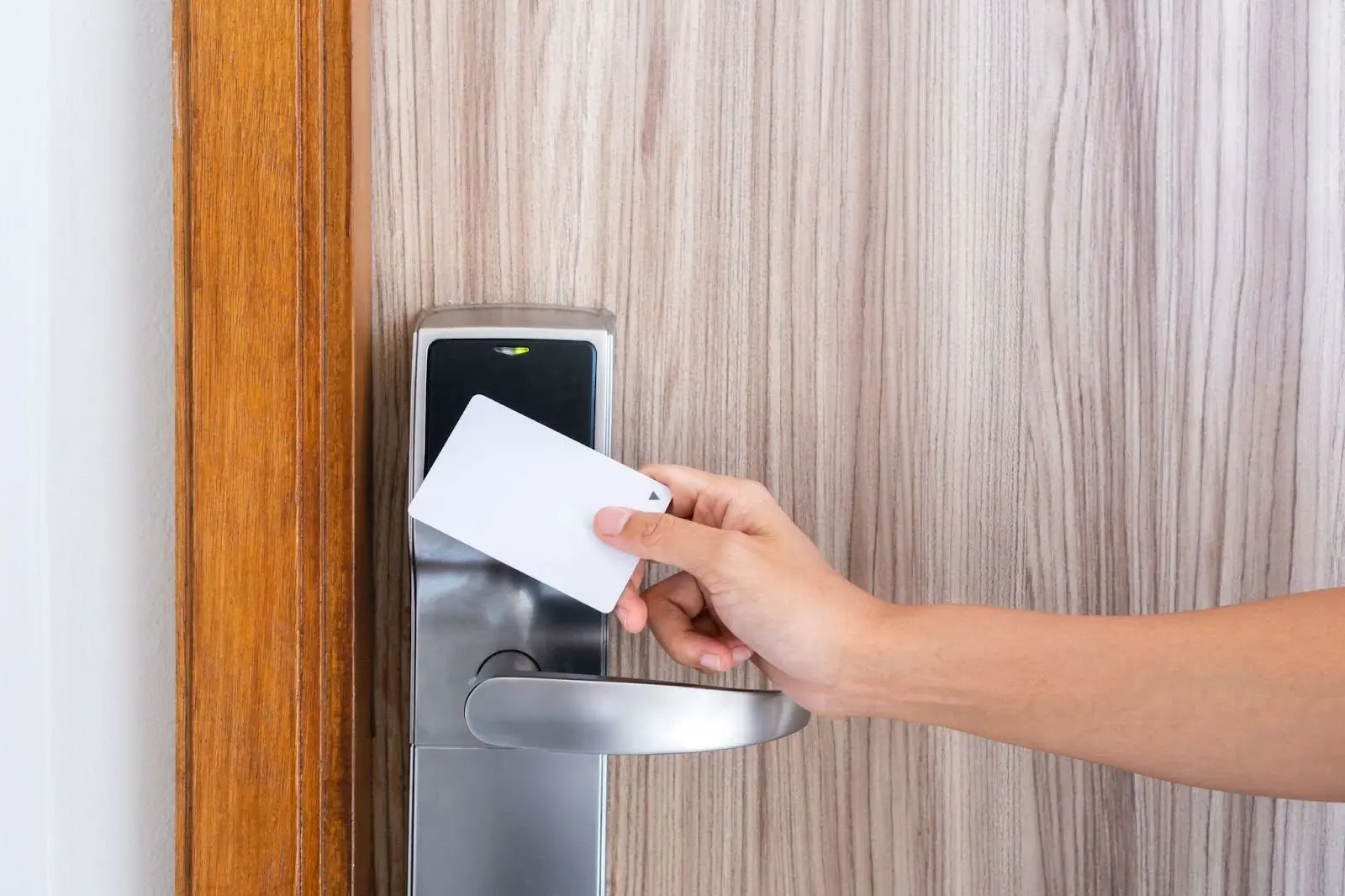
Their expertise extends to working with safes, vaults, jail locking devices, and other high-security mechanisms. However, it’s worth noting that their scope does not include fire alarm systems. In essence, locksmith contractors are the linchpin of modern security systems, blending traditional craftsmanship with cutting-edge technology.
Studying for the C28 Locksmith Contractors License Exam
To earn your C28 license, you’ll need to pass two exams: the C28 Trade Exam and the Law & Business Exam. While self-study is an option, many find that structured learning programs, such as those from Contractors Intelligence School, offer an efficient path to success.
Here’s a breakdown of the key topics covered in each exam:
Key Topics for the C28 Trade Exam:
- Planning and Estimating: Evaluating project requirements, materials, and labor.
- Doors and Hardware: Mastering locks, hardware, and closing devices.
- Electronic Locking Systems: Understanding wiring, software, and surveillance components.
- Mechanical Locking Systems: Installing and servicing traditional locks, creating keys, and bypassing locks.
- Safes, Vaults, Security Containers, and Video Systems: Performing installations, repairs, and drilling.
- Safety: Adhering to safety standards while wearing personal protective equipment, operating power tools and working in elevated locations.
Law & Business Exam:
- Business Organization and Licensing: Knowledge of legal requirements for setting up and running a contracting business.
- Business Finances: Managing finances, accounting, and tax obligations.
- Employment Requirements: Understanding labor laws, employee hiring, and wage regulations.
- Insurance and Liens: Protecting your business with proper insurance and dealing with liens.
- Contract Requirements and Execution: How to draft, negotiate, and execute contracts according to California law.
- Public Works: Navigating public works projects and related legal requirements.
- Safety Training and Reporting Requirements: Ensuring compliance with safety training and reporting obligations.
Costs Associated with the C28 License
Here’s a breakdown of the financial aspects of obtaining your license:
- Business entity registration (if applicable).The fee for this registration can vary depending on the county or city. It's advisable to inquire about the specific dollar amount from the agency where you are registering your business.
- CSLB fees.$450 for the Application for Original Contractor's License, and $200 for the Initial License Fee for sole ownership companies ($350 for non-sole-ownership companies).
- School fees.Contractors Intelligence charges between $295 and $495 for their most popular courses. Prices may differ with other schools.
- Bonding.All contractors seeking to become licensed must post a contractors bond in the amount of $25,000. On average, this bond costs $250 per year. Limited Liability Companies (LLCs) are also required to carry additional bonding, known as the LLC/worker bond, which is estimated to cost $2,000 per year.
- Insurance.Your business may require two types of insurance: general liability insurance and workers' compensation insurance. General liability insurance is mandatory for LLCs applying for a contractor's license, while it's not required for the CSLB to issue a contractor's license number otherwise. Conversely, a C28 contractor's license cannot be granted until the company secures workers' compensation insurance or applies for an examination waiver if applicable. To understand the costs associated with these insurances, consulting with a licensed insurance agent is advisable.
- Livescan fingerprinting.When completing your livescan fingerprints, you will pay an estimated $75. This fee typically includes the Department of Justice (DOJ) fee, FBI fee, and the livescan location rolling fee.
Conclusion
Securing your C28 Locksmith Contractors License isn’t just a step—it’s a leap toward an exciting and rewarding career. With the right experience, study plan, and determination, you’ll soon be unlocking doors to professional success. Don’t wait—the key to your future is within reach. Turn it, and step into your new career!
Published on: January 22, 2025
Top articles

November 15, 2024
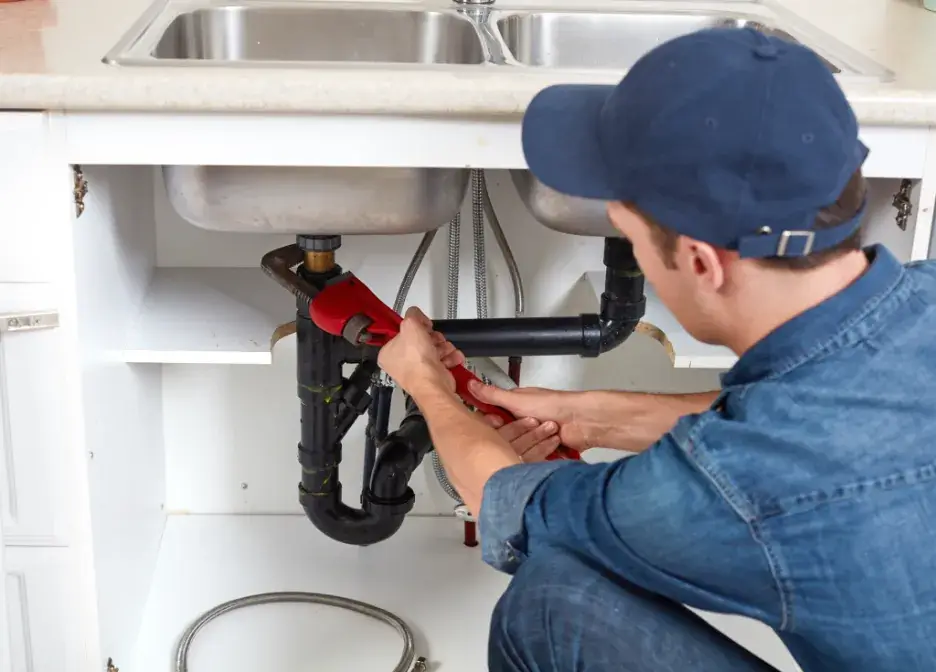
November 15, 2024
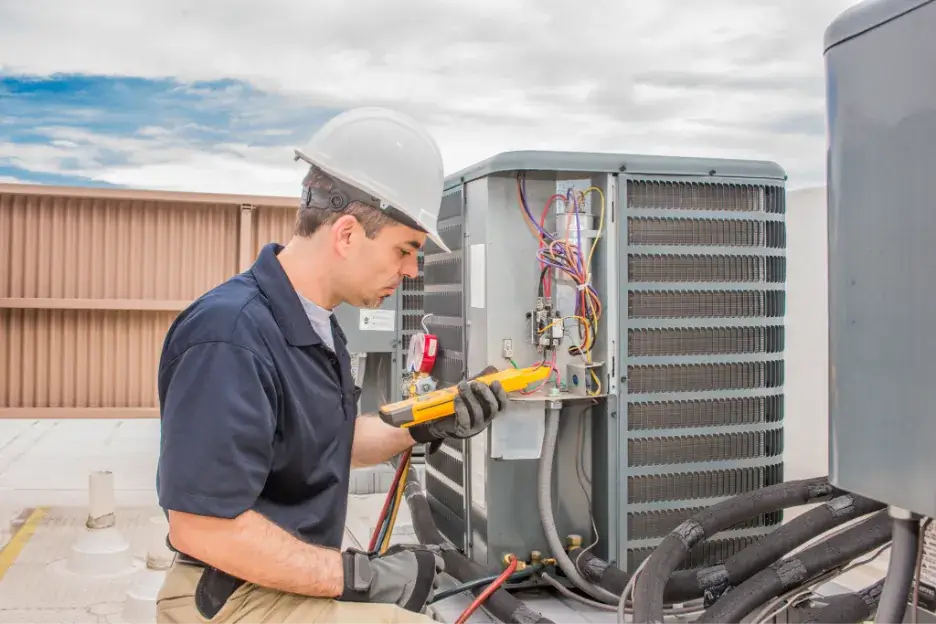
November 15, 2024

November 15, 2024

November 15, 2024

November 15, 2024

November 15, 2024




